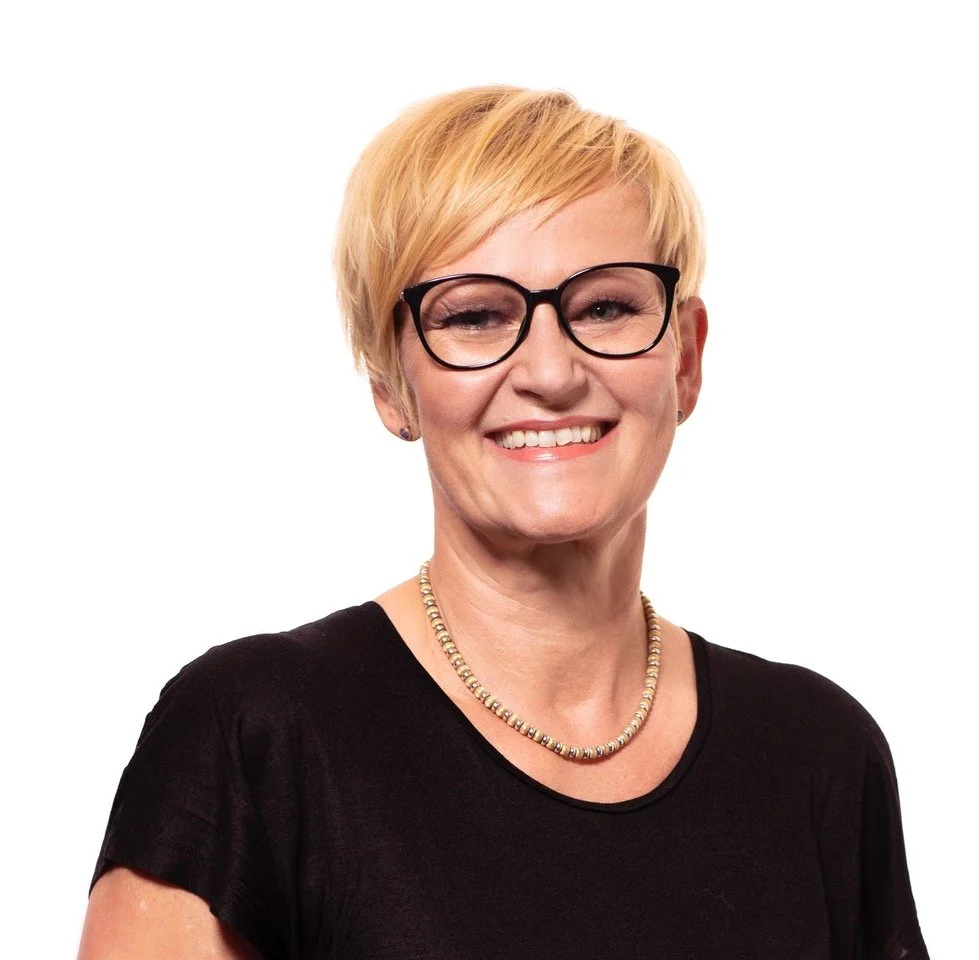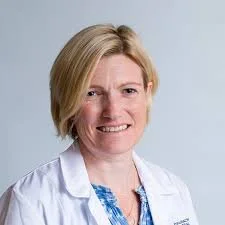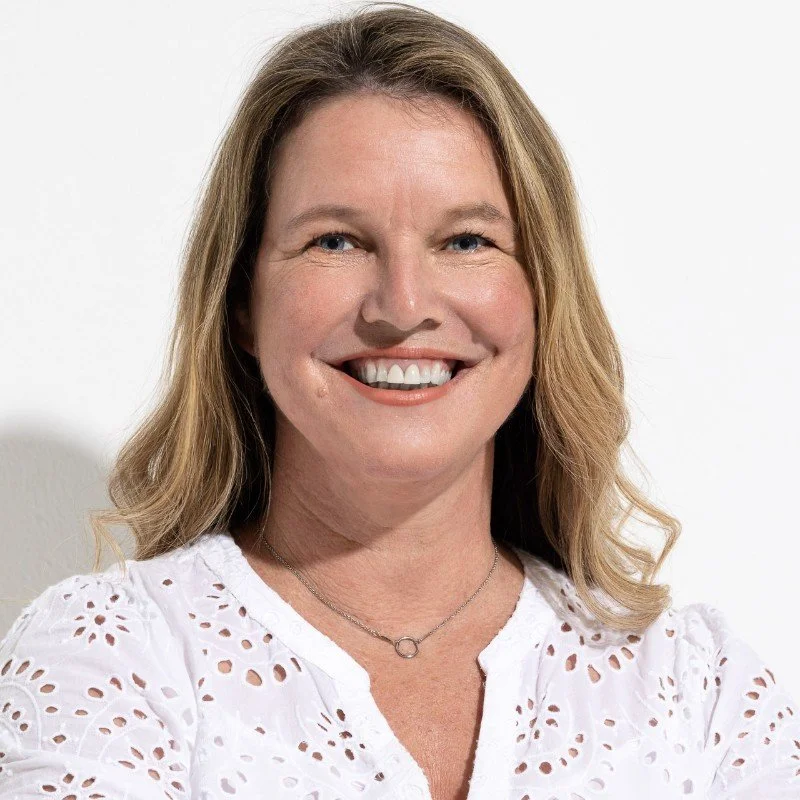
Microbiome science to improve women’s health
21 -22 April 2026 | Valencia, Spain
Presented by
In Collaboration with
Artwork by Ina Schuppe Koistinen
Scientific Committee
Acting Director, Institute for Genome Sciences
Professor of Microbiology and Immunology
Ina Schuppe Koistinen
Jacques Ravel
Associate Professor
Co-founder and CEO
Deputy Director, Reproductive Health Technologies, Global Health
Sharon Achilles
Jo-Ann Passmore
Professor, Infectious Diseases & Molecular Medicine
Johan E.T. van Hylckama Vlieg
Inmaculada Moreno Gimeno
CSO and Co-founder
Senior Principal Investigator
Director, Vulvovaginal Disorders Program
Carlos Simon
Co-President & Founder
Caroline Mitchell
Sarah Lebeer
Research Professor
Women's health is an area of medicine that has historically been under-researched and under-funded. However, there has been growing recognition of the unmet need for research and treatments in this field. Microbiome research has shown promise in addressing some of these unmet needs.
From the vaginal microbiome in reproductive health to the impact of menopause on the skin microbiome, the applications of microbiome science in women’s health are wide reaching and present an opportunity to develop novel therapeutic approaches and diagnostics.
Following the successfull 2024 edition in Copenhagen and 2025 edition in Amsterdam, both of which sold out attracting +200 attendees each, the 2026 edition of "Microbiomes in Women's Health Congress" takes place in Valencia on 21-22 April taking it one step further: partnering with the world-renowned Carlos Simon Foundation, the only event focusing on microbiome science applied in women’s health, will attract +300 world-leading microbiome researchers, cutting-edge biotechs, and healthcare and pharmaceutical voices will unite once more to present their work on how the microbiome can be used to improve women's health.
The event will be split into chronological stages across a woman’s life spanning sessions on: exploring what is a typical vaginal microbiome, fertility, pregnancy, menopause, women-specific indications, and the development of therapeutics.























